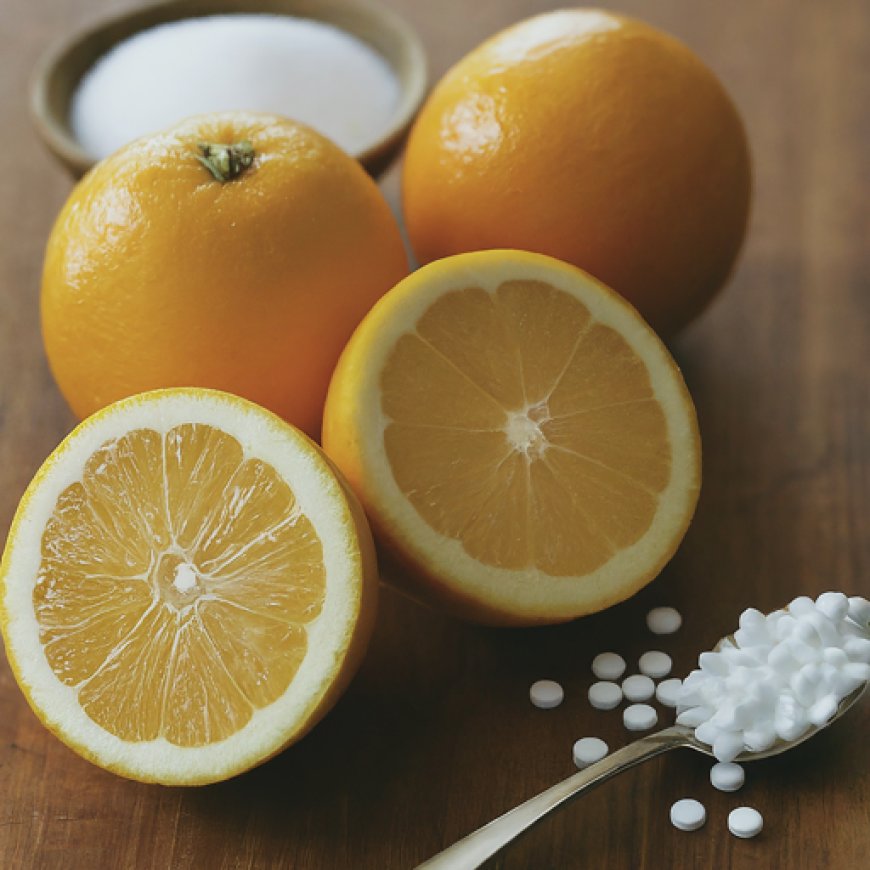Artificial and Natural Sweeteners: Understanding the Differences and Benefits
Explore the differences between artificial and natural sweeteners, such as aspartame vs. maple syrup. Learn about their benefits, considerations, and how to choose the right one for your needs.

When it comes to sweetening your favorite foods and drinks, you have two main options: artificial sweeteners and natural sweeteners. With health trends and diet advice constantly evolving, it’s important to understand the differences between these two types of sweeteners and how they might fit into your lifestyle.
What Are Artificial Sweeteners?
Artificial sweeteners are man-made substances designed to mimic the sweetness of sugar. They are often much sweeter than sugar, so only a small amount is needed to achieve the desired sweetness. Common examples include:
-
Aspartame: Found in products like diet sodas and sugar-free gum.
-
Sucralose: Known by the brand name Splenda, it's used in a variety of sugar-free foods and beverages.
-
Saccharin: One of the oldest artificial sweeteners, used in some diet products and as a table-top sweetener.
Benefits:
-
Low or No Calories: Most artificial sweeteners have little to no calories, which can be beneficial for those managing their weight.
-
No Impact on Blood Sugar: They don’t affect blood sugar levels, making them a popular choice for people with diabetes.
Considerations:
-
Taste: Some people find the taste of artificial sweeteners to be slightly different from sugar.
-
Health Concerns: There has been ongoing debate about the long-term health effects of artificial sweeteners, although they are generally considered safe by regulatory agencies.
What Are Natural Sweeteners?
Natural sweeteners come from plant sources and are less processed than their artificial counterparts. They include a range of options such as:
-
Maple Syrup: Made from the sap of sugar maple trees, this sweetener is rich in minerals and has a distinctive, caramel-like flavor.
-
Honey: Produced by bees from flower nectar, honey has a unique taste and contains small amounts of vitamins and minerals.
-
Stevia: Derived from the leaves of the stevia plant, it is a no-calorie sweetener that is much sweeter than sugar.
Benefits:
-
Nutritional Value: Many natural sweeteners, like maple syrup and honey, contain vitamins, minerals, and antioxidants.
-
Less Processed: Natural sweeteners often undergo less processing compared to artificial sweeteners, which might appeal to those who prefer more whole-food options.
Considerations:
-
Calories and Sugar Content: Some natural sweeteners, like maple syrup and honey, do contain calories and can affect blood sugar levels.
-
Taste and Usage: The flavor of natural sweeteners can vary, and they may not always be a one-to-one substitute for sugar in recipes.
Choosing the Right Sweetener for You
The best sweetener for you depends on your individual needs and preferences. If you’re looking to reduce calorie intake or manage blood sugar levels, artificial sweeteners may be a good option. However, if you prefer less processed ingredients and don’t mind the calories, natural sweeteners like maple syrup and honey can be excellent choices.
Ultimately, both artificial and natural sweeteners have their place in a balanced diet. Understanding their differences and benefits can help you make more informed decisions about what you’re adding to your food and drink.












